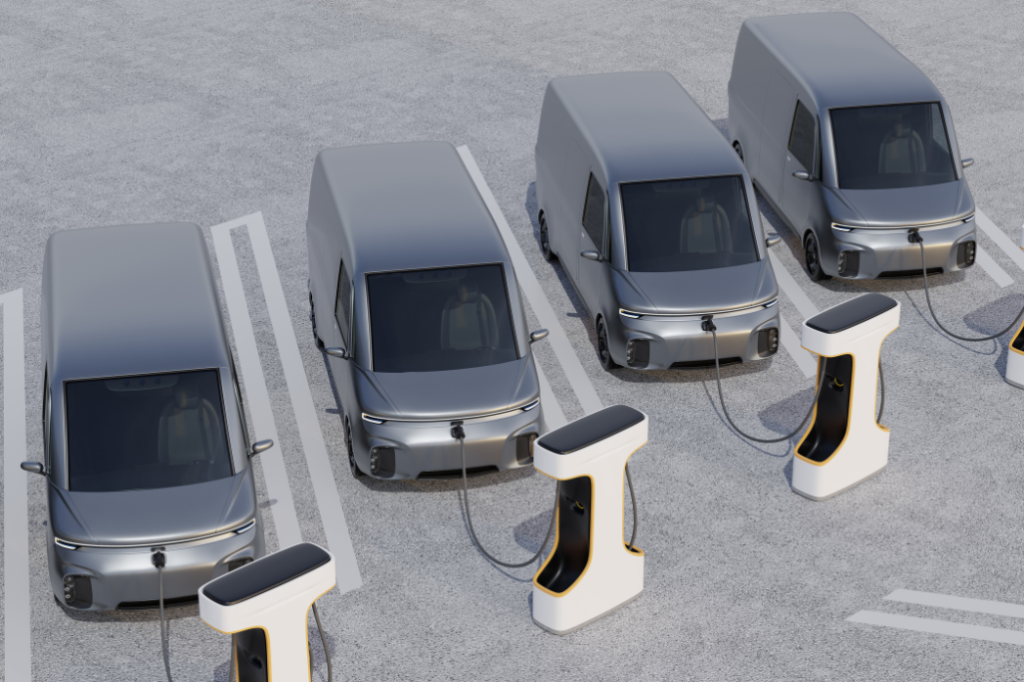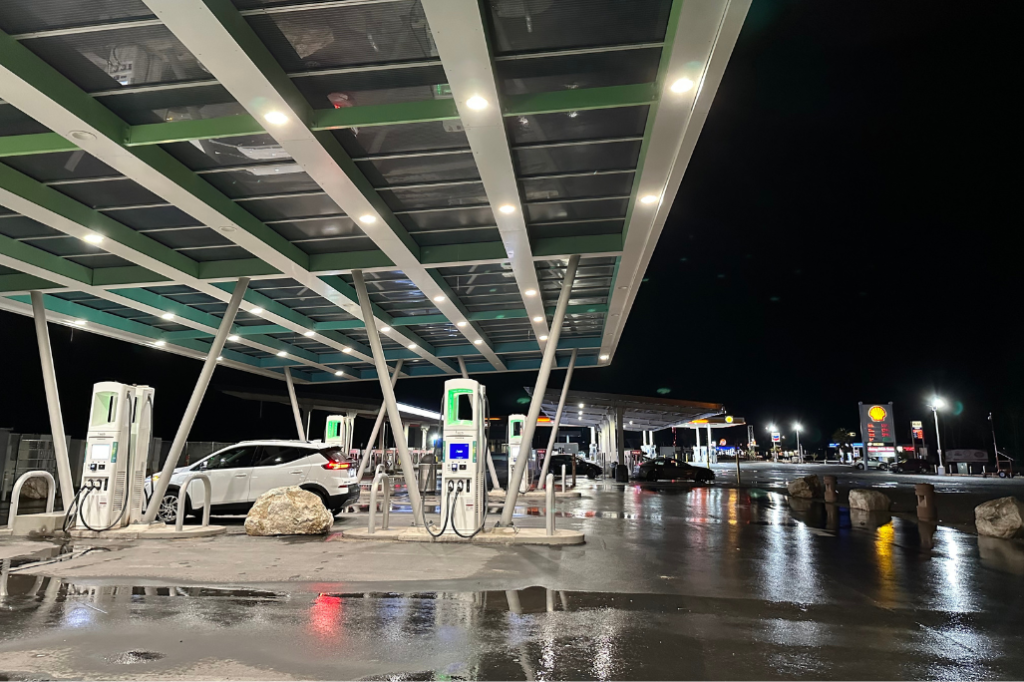As electric vehicles (EVs) assume a larger role in transportation, many companies are exploring how to power entire fleets with electricity rather than gasoline. But it’s not as simple as plugging a few cars into wall outlets. Fleet charging for electric vehicles is a strategic operation that requires planning, infrastructure, and an understanding of power demand and usage patterns. In this post, we’ll break down what EV fleet charging entails, why it matters, and how businesses can gain a competitive edge by investing in innovative charging systems.

What Is Fleet Charging?
Fleet charging refers to the installation and use of dedicated infrastructure to charge a group of electric vehicles owned or operated by a business, government agency, or institution. Think delivery vans, public buses, service vehicles, or even company cars—all needing a coordinated charging setup.
Unlike individual EV charging at home, fleet charging usually involves multiple charging stations in a centralized location (a depot, garage, or lot). The goal is to keep all vehicles charged, scheduled, and ready for deployment, without overloading the grid or incurring excessive costs for the company’s utility bill.
Types of EV Fleet Charging Setups
There’s no one-size-fits-all system. Depending on fleet size, daily mileage, and turnaround time, businesses may choose:
- Level 2 Charging: Standard for overnight charging. Great for vehicles parked for long stretches. Slower but cost-effective.
- DC Fast Charging: Essential for high-usage fleets with quick turnaround needs. Delivers a significant charge in under an hour.
- Mobile Charging Solutions: Portable units for locations where permanent infrastructure is not yet installed or practical.
ROS Electric helps businesses determine the right mix based on usage data and operational needs.
Smart Charging and Load Management
Installing chargers isn’t enough. The real power (pun intended) lies in smart charging systems that balance energy demand, avoid peak pricing, and prioritize charging based on schedules.
Smart fleet charging software monitors energy usage and manages how and when each electric vehicle (EV) is charged. For example, a car that is not needed until the next morning doesn’t need priority charging, so the system might delay it to off-peak hours when electricity is cheaper. It’s about cost savings, grid stability, and extending the life of the charging hardware.
The Role of Infrastructure and Site Design
Fleet charging isn’t just an electrical job—it’s a logistical one. Proper site design ensures that chargers are accessible, cables aren’t a hazard, and vehicles can enter and exit efficiently.
At ROS Electric, we consider everything, from panel capacity and conduit runs to traffic flow and weather protection. Sometimes, upgrades to the facility’s electrical system are needed, especially for high-capacity charging. Planning it right avoids costly changes later.
Energy Storage and Renewable Integration
More businesses are pairing electric vehicle (EV) charging with battery energy storage systems (BESS) or on-site solar energy systems. This reduces operating costs and ensures that charging remains available during outages or periods of high demand.
With battery storage, a fleet can charge from stored energy during peak hours instead of pulling from the grid. It’s not just sustainable—it’s strategic.
Compliance, Incentives, and Rebates
In many states, including New Jersey, government incentives can significantly reduce the cost of installing electric vehicle (EV) fleet charging infrastructure. Programs may offer rebates for hardware, installation, and even grid upgrades.
Regulations are also evolving, and some fleet operators may be required to convert a percentage of vehicles to electric by specific deadlines. ROS Electric keeps clients informed and compliant, ensuring they make the most of available funding.

Future-Proof Your Fleet with ROS Electric
Electric vehicle fleet charging is a shift in how businesses operate. With the proper infrastructure, smart controls, and expert guidance, you can reduce emissions, save money, and keep your fleet on the move.
Ready to explore EV charging solutions for your fleet? Contact ROS Electric to schedule a consultation. We’ll design and install a charging setup that works for your fleet today—and scales with you tomorrow.


Write a Comment